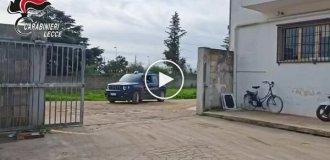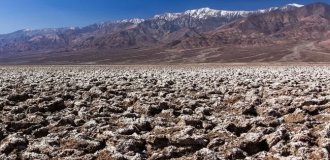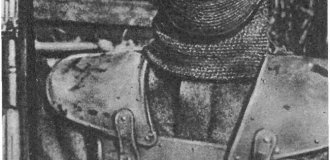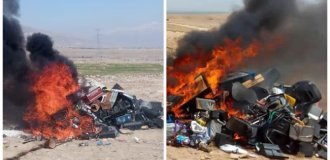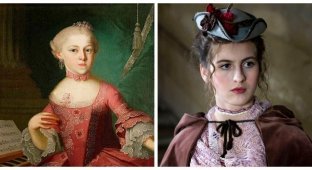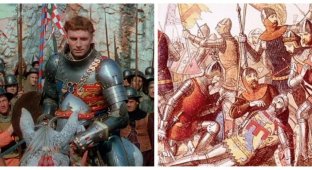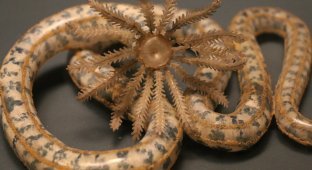How the Belgian king decided to please the natives with humanitarian aid and committed genocide (7 photos)
He tried hard and reduced the population of this unfortunate state by half. 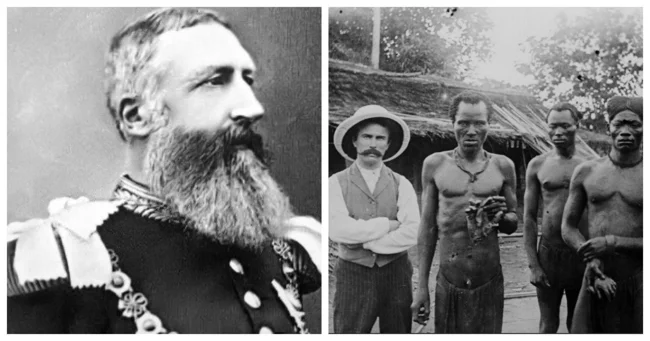
Leopold II took the Belgian throne in 1865, when he was 30 years old. The country already had a constitutional form of government and every step had to be agreed with parliament. The monarch suffered greatly from this and wanted to become the sole ruler. 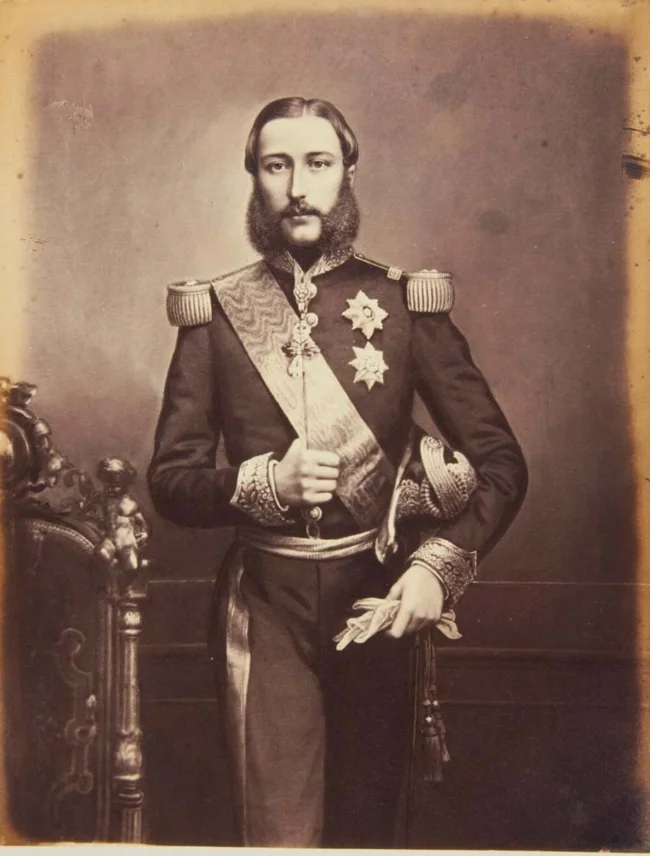
Leopold II
This was impossible in Belgium, and Leopold began to look at overseas territories. In the end, he settled on the Congo, and in order to give its capture at least some semblance of legality, he founded the “International African Society”. In theory, it was supposed to provide the local population with humanitarian aid. But in practice, the organization simply bought up vast lands from local leaders for beads and trinkets. Thus, the “enlightened” Leo received a territory 76 times larger than Belgium.
In 1885, the remaining European powers recognized this African state as Leopold’s fiefdom. From that time on, it was officially called the "Congo Free State".
At first, Leopold took up ivory mining, but did not earn much money. Therefore, he switched to rubber production. For this, he appointed officials, and they introduced labor service for the locals: thus, Africans became slaves in their own country. Now they could be killed, maimed, raped and forced to work for free. This was done by the guys from the gendarmerie "Public Forces" - Leopold's private army. The rank and file there were Arabs, natives of West Africa and a small number of locals. And they were led by career Belgian officers. All of them were thugs and sadists of the highest order. 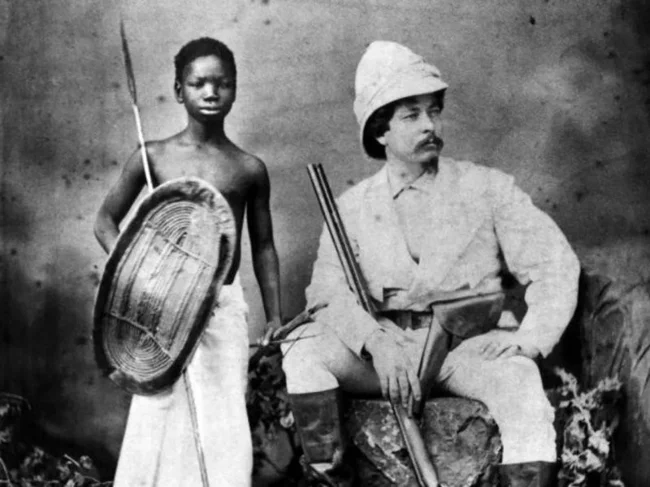
If someone did not meet the rubber production quota, their hands were cut off. If someone dared to run away or rebel, the punitive forces would come and clear out the entire village. 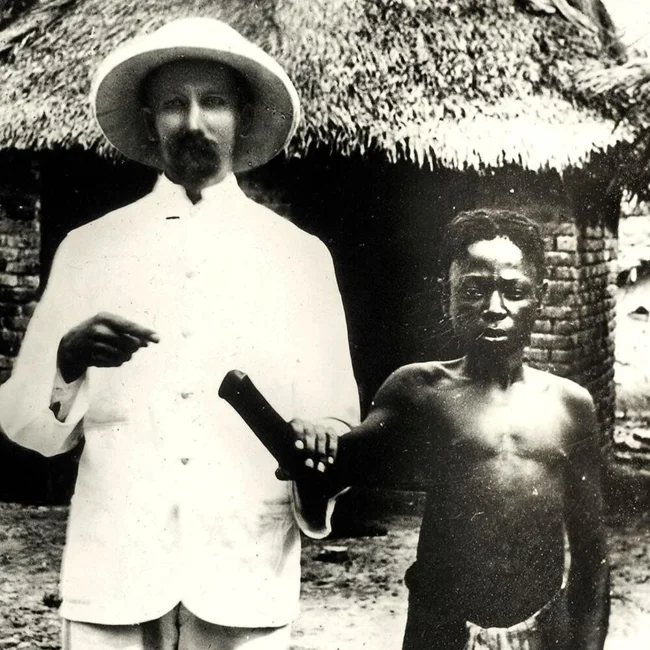
June 21, 1895, arrived in Yambisi at 10:20. Several groups of soldiers were sent to clear the area. A few hours later they returned with 11 heads and 9 prisoners. The ship that was sent to pursue on June 22 brought several more heads. The next day, three detainees and three heads were delivered. The soldiers shot a man who was looking for his wife and child. "We burned the village," one of the officers succinctly described the atrocities.
Thanks to this "management system," rubber production increased from 30 tons in 1887 to 5,900 tons in 1903. And Leopold became one of the richest men in Europe.
At the same time, he strictly forbade the publication of any documents about the situation in the Congo. But rare travelers still visited there, and eventually rumors of genocide began to spread throughout Europe. It's not about humanity - the other European powers were also committing atrocities without stopping, but even for them the behavior of Leopold's army seemed something wild. Later, writers joined in: Joseph Conrad, Edmund Morel and Arthur Conan Doyle, they published stories and articles about the genocide in the Congo, and then the public learned about them.
Then Leopold could no longer brush off the accusations and reluctantly sent a commission to the colony. Here are just a few of the testimonies that it collected:
Child: “We all ran into the forest - me, my mother, my grandmother and my sister. The soldiers killed a lot of ours. Suddenly they noticed my mother's head in the bushes and ran up to us, grabbed my mother, my grandmother, my sister and one other person's child, smaller than us. They all wanted to marry my mother and argued among themselves, and in the end they decided to kill her. They shot her in the stomach, she fell, and I cried so terribly when I saw it - now I had neither mother nor grandmother, I was the only one left. They were killed before my eyes." 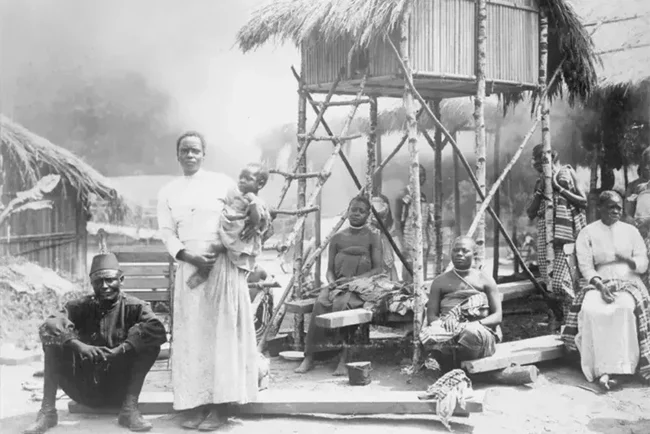
A native girl reports: "On the way, the soldiers noticed a child and went towards him with the intention of killing him. The child laughed, then the soldier swung and hit him with the butt of his rifle, and then cut off his head. The next day they killed my half-sister, cut off her head, arms and legs, on which there were bracelets. Then they caught my other sister and sold her to the U-U tribe. Now she has become a slave."
When the situation in Congo became public knowledge, Leopold ordered his gang to tone down the atrocities a bit. And in November 1908, he sold the “Congo Free State” to the state of Belgium. Thus, it became an ordinary colony, and not the personal fiefdom of the monarch. A few months later, he died. And the result of his reign: from 1884 until the date of the sale, the population of the African state decreased from 30 to 15 million people. 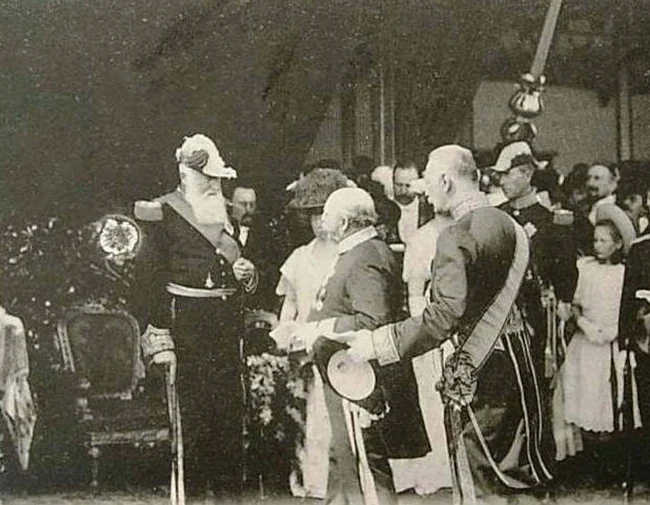
Until 1960, Congo was a Belgian colony, and when it gained independence, a civil war began in the country. According to rough estimates, it took the lives of 6 million people. 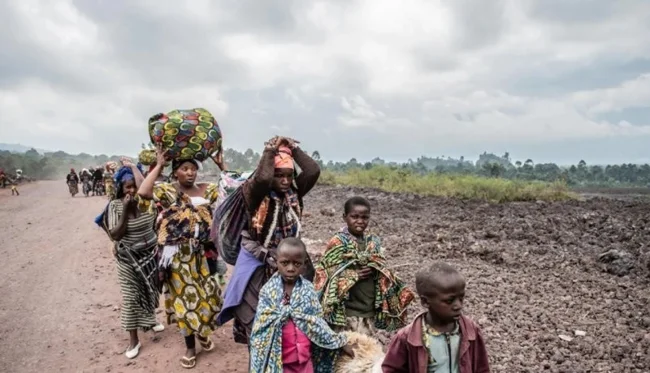
Modern Congo is one of the poorest and most backward countries in the world. Most of the population has no normal education, no healthcare, and no prospects for the future. And the extraction of natural resources: copper, cobalt, cadmium, bauxite, iron ore, coal, diamonds, gold, silver, oil, zinc, manganese, tin, and uranium, is controlled by Western corporations. Everything is about the same as in Leopold's time, only without chopping off hands and heads.


